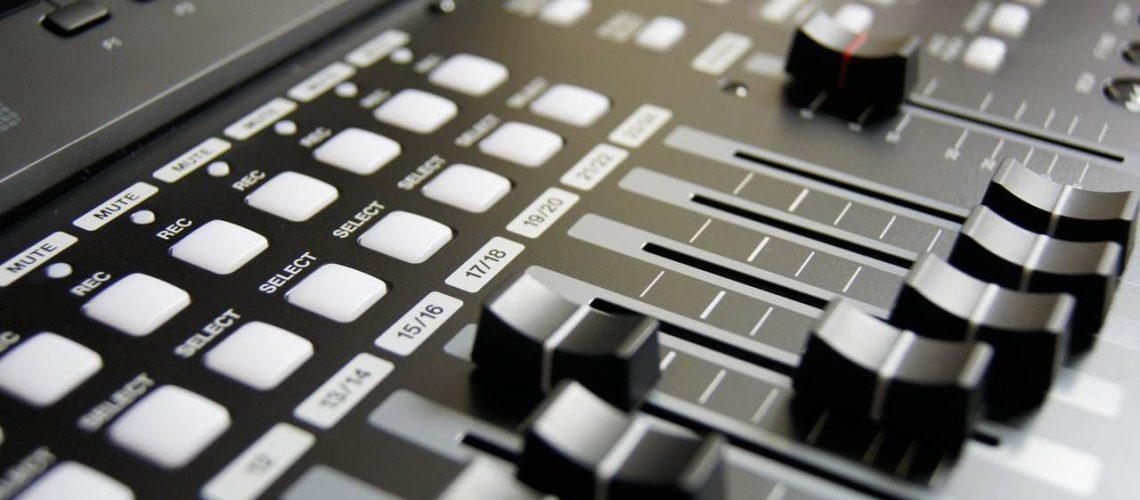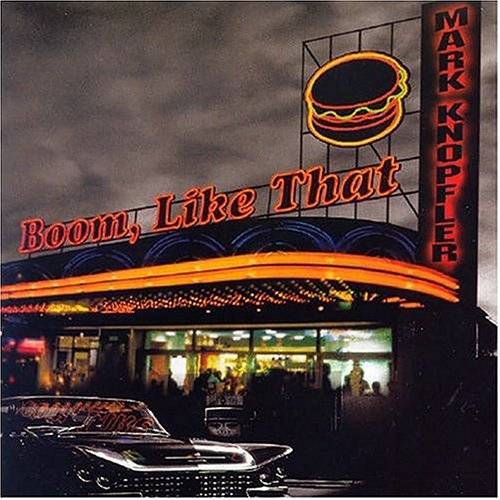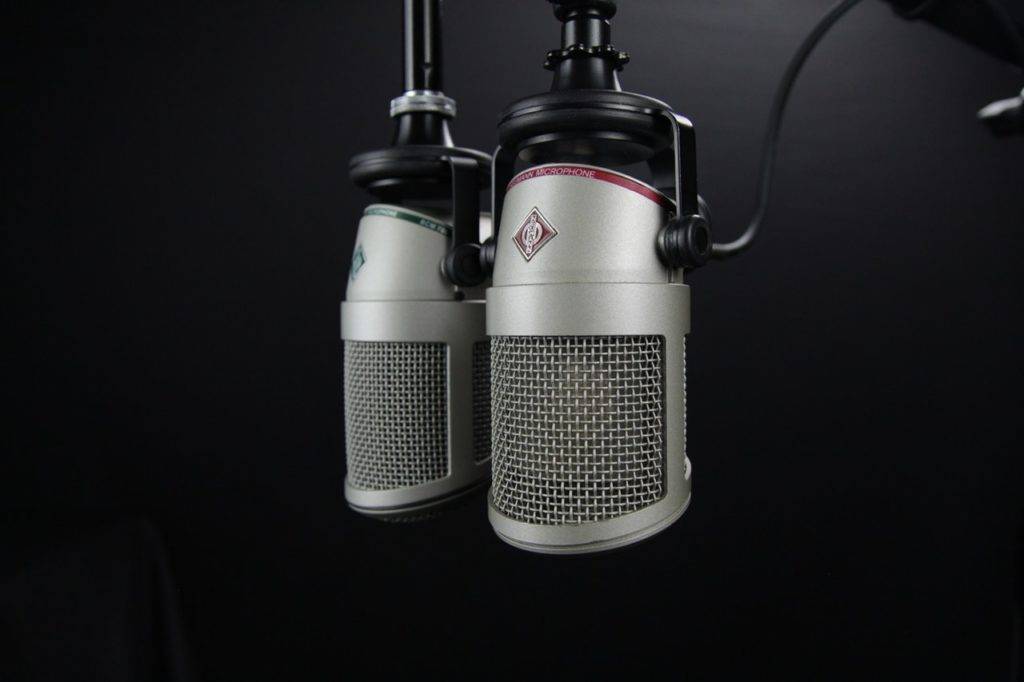
We recently had a small workshop at the studio to discuss career opportunities in the field of sound and how new audio engineers can find their niche in such a diverse field, to build a solid career for themselves. The panel we had invited, spoke on the subject of every sound engineer finding their own signature sound, but in today’s blog I’d like to talk about what we meant by that, in detail.
Every engineer or producer can go about finding their own sound, and potential clients will choose a producer based on their signature sound. To start with, let’s try and understand what this sound really is, how does one define it? This sound can be anything as specific as polished drums, or tight low end, groovy rhythm section or even something as generic as a clean or dirty mix. Your signature sound is unlikely to be just one factor, but an amalgamation of many such subtleties.
So how does one find their own sound? According to me, the signature sound comes from 4 major places:
Every engineer or producer can go about finding their own sound, and potential clients will choose a producer based on their signature sound.
Ronak Runwal Tweet
Drawing Influences
For example: Let’s take Mark Knopfler’s Boom Like That. I draw a lot of my influences when it comes to drum sounds from there. The way that kick sits in with the rest of the song and the overall tone of the drums with the overheads slightly accentuated in the high mids is what I’m trying to achieve.

NEW BATCH STARTS FROM 1ST APRIL 2019
How our ears are tuned:
Preferences
When it comes to writing music and even engineering it we all have our preferences, some people like to keep the bass as the focus of their sound while some people may like to keep the kick groove as the major focus in their mix. Similarly when it comes to arrangements, some producers might like writing bass lines that are sparse and between the downbeat whereas some people might like to write a groovy bass line syncopating with the drums.All of these preferences mainly dominate the “Sound” of an engineer. These things can be applied to different things like transitions, snare sound, compression, guitar tones, spatial placement, vocal mic, saturation and the list goes on.

Why should you develop your own sound?
Experiment, Practice & Repeat!

